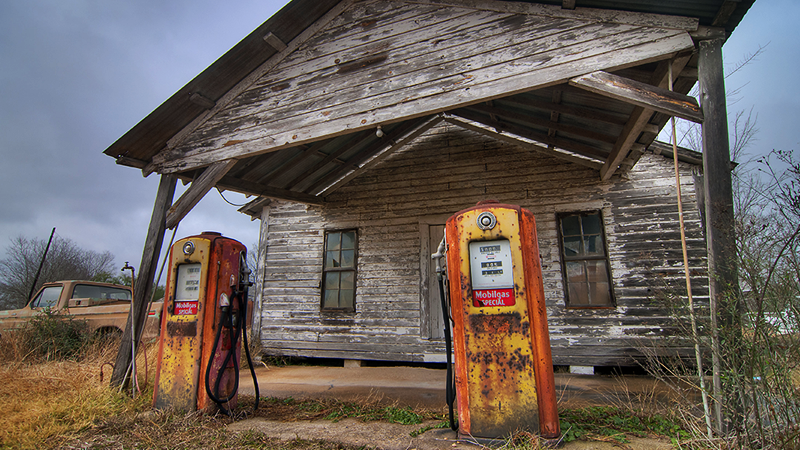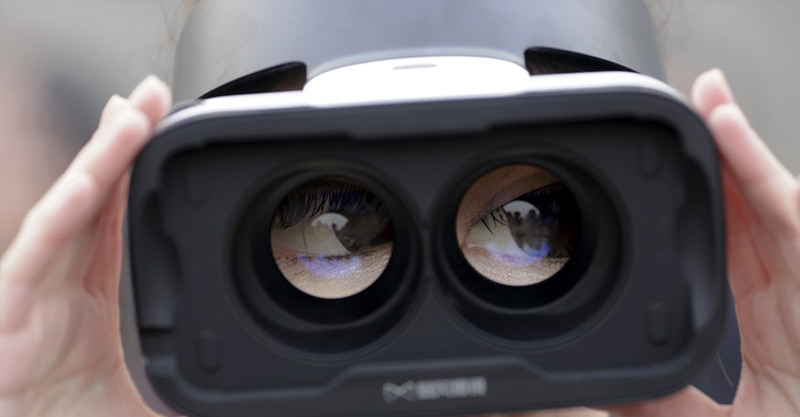he Jukin Media headquarters, in Culver City, Calif., checks off all the clichés of the modern millennial workplace. The floor plan is cubicle-free and open, with skateboards — well, longboards — leaned insouciantly against more than a few desks. There is a Ping-Pong table, and the kitchen, of course, offers up a bottomless supply of Monster Energy drinks; a selfie stick hangs near a peanut-allergy warning near a fridge stocked with all manner of alternative milks and Greek yogurts. And yes, as you would expect, there is a keg of craft beer, which employees may drink from whenever they please, even at 10 in the morning — though I’ve been assured this has never happened, not even once in roughly seven years of operation. Jukin Media is, after all, a place of business, and as at any other business, there is work to be done.
On a Tuesday in April, a team of Jukin researchers gathered in one of several fishbowl conference rooms, away from the pop-music hum of the main floor. Each arrived with a handful of links to YouTube videos he or she had found. A paused clip was projected against the wall as they waited for the procession of pitches to begin. Presiding over the meeting was Dan Trunfio, 54, an experienced TV producer and one of the more senior members of the Jukin staff. On this day he would rule on which of the 64 videos might have the potential to be the next viral hit. A researcher at the head of the table pressed play, and a hatchback subcompact drove into the frame. Its driver swiftly ran the car into a ditch, causing several people in the room to chuckle. Trunfio, looking pleased, assigned the clip a B.
Pitch 2 was an anemic office prank: a woman surprised by a screen saver of a camel. Nobody really laughed; Trunfio moved along. In the third video, a drone demonstration terminated in flames, and in the fourth, a man took a tumble from a unicycle while chugging a beer. B and B, Trunfio declared, and the researcher presenting the clips looked relieved. Pitch 5 was a classic soccer ball to the face. Next, a man dressed as a ninja set out to break a board with his forehead — unsuccessfully. The meeting devolved into laughter on cue, then pivoted quickly back to focus, with an agile restraint known perhaps only to those who laugh for a paycheck.
Trunfio moved along: “O.K., good.” There were 58 videos still on the docket.
Founded in 2009, Jukin is a market leader in a strange new industry that is organizing and monetizing the entropy of web video. A decade ago, when viral phenomena were still opaque and full of mystery, we gazed awe-struck as “Charlie Bit My Finger” rose to fame. Jukin, since then, has systematized the riddle by acquiring clips that meet viral criteria and serving them to YouTube channels and other media outlets that might help induce a spread. The process I was watching was the same one that delivered us Pizza Rat, the video of a rodent dragging a slice down the subway stairs that went viral in 2015. Jukin researchers also discovered Peanut Butter Baby (a toddler covered head to toe in peanut butter) and the “Christopher Columbus of Brooklyn” (a white guy yelling at another white person about gentrification). If you’ve seen a funny clip on a late-night show, or “Good Morning America,” or the 11-o’-clock news, there are pretty good odds Jukin dug it up.








